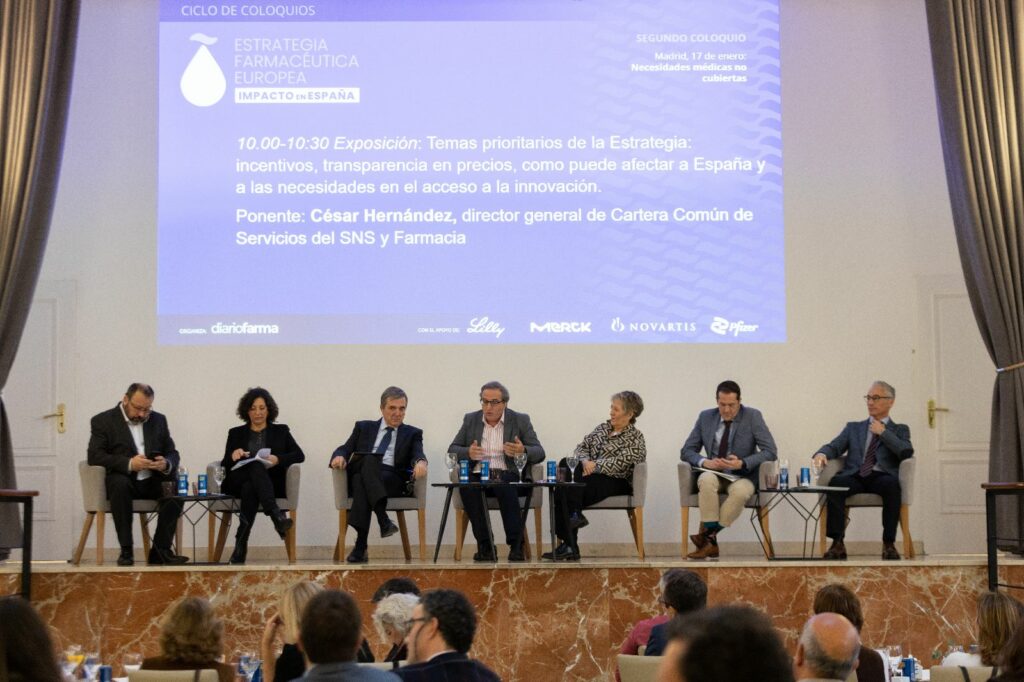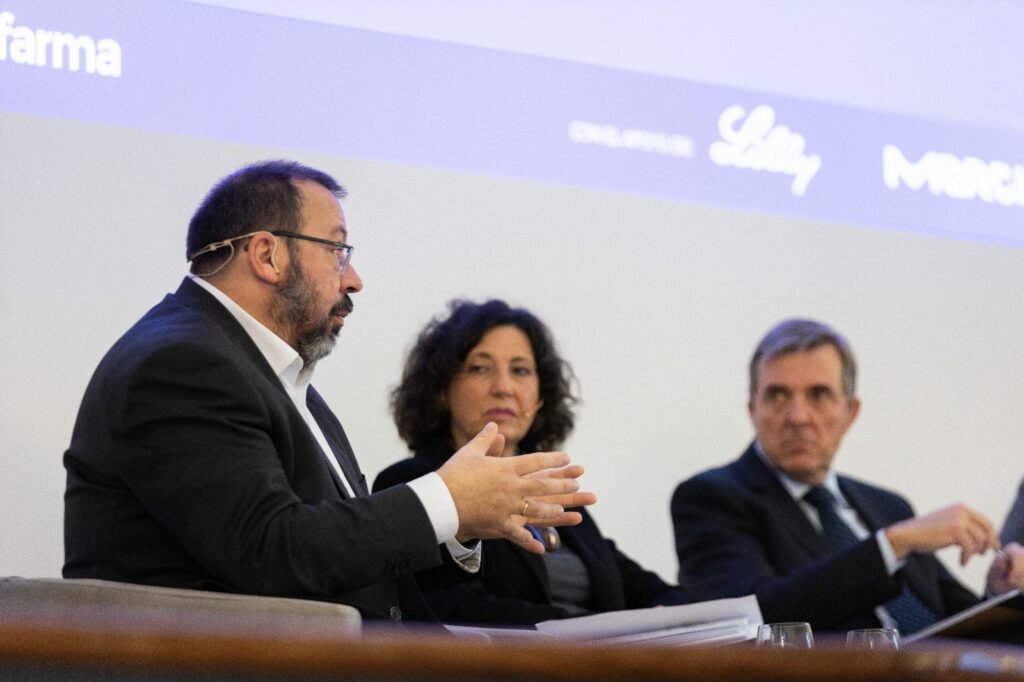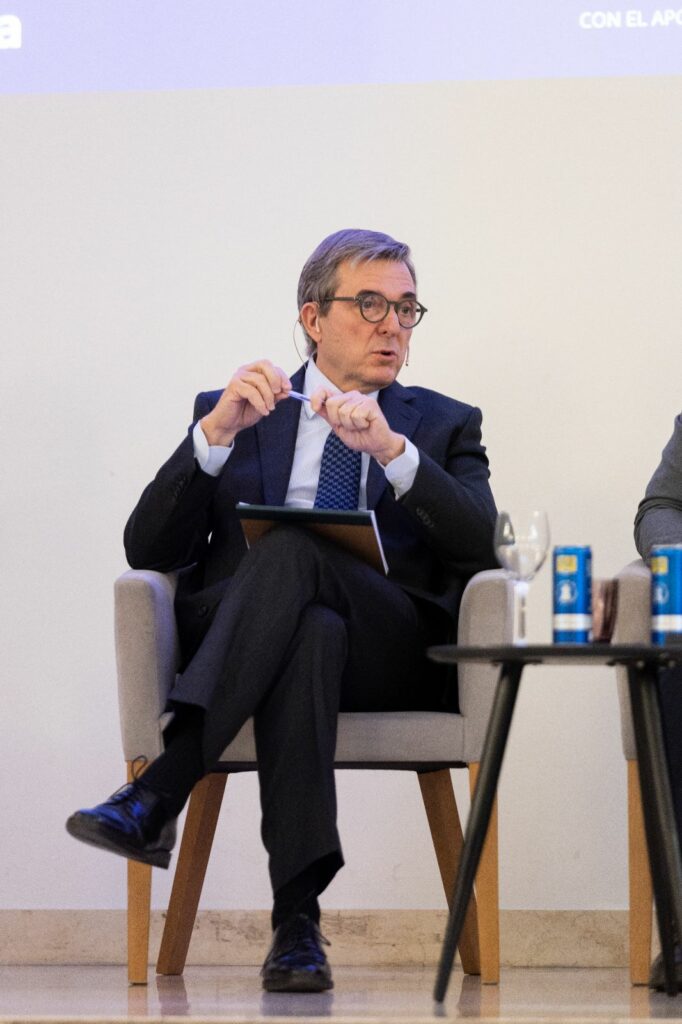Faus Moliner participates in the Conference on the impact of the European Pharmaceutical Strategy in Spain organized by Diariofarma
Jordi Faus focuses his intervention on the incentives for innovation in the upcoming reform of European pharmaceutical law
The “Pharmaceutical Strategy for Europe” is a programmatic initiative launched by the Commission in November 2020, which includes a list of actions aimed at promoting access to medicinal products, dealing with therapeutic gaps, establishing response mechanisms to crisis situations and strengthening the competitiveness of the EU in the sector. Within this initiative, the main action is the revision of the general pharmaceutical legislation. Jordi Faus, in his intervention, has insisted on the need to ensure that the wording of the rule that will finally be approved is of the highest possible quality, which will benefit all interested agents.
In terms of incentives for innovation, Jordi Faus highlighted the existence of a general agreement on the convenience of supporting these incentives, as well as preventing their misuse. Regarding the definition of non-covered medical needs, Jordi considers that it is important that the product under development is compared, for the purposes of achieving the incentives provided for in the regulation, with other approved products and with the use of such other products under the conditions established in its technical data sheet, in accordance with what is established by European law in relation to incentives for the development of orphan drugs (Judgment of 23 September 2020, Medac Case).
Jordi Faus has also presented his point of view regarding the “Exclusivity Transferable Vouchers” which have been proposed as a possible incentive for innovation, especially in the field of new antibiotics that will successfully address the serious problem of microbial resistance. Jordi thinks that this is a bold and innovative proposal that deserves to be considered. In this sense, while it is clear that it is a proposal that presents some complex issues, Jordi Faus considers it essential that the different agents make the effort to explore the possibility of improving these issues to the point where they are reasonably acceptable to them.
In short, there is a reasonable degree of agreement with respect to the “what”; and it will be necessary to continue to work intensively on the details of the “how”.



